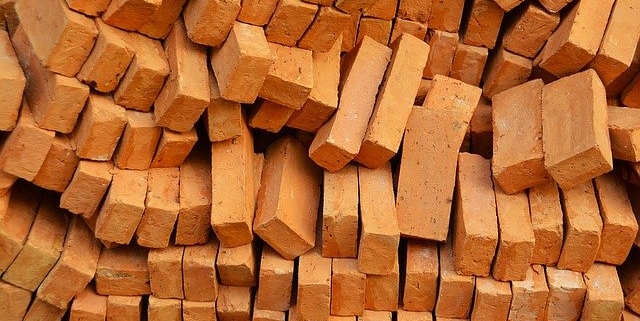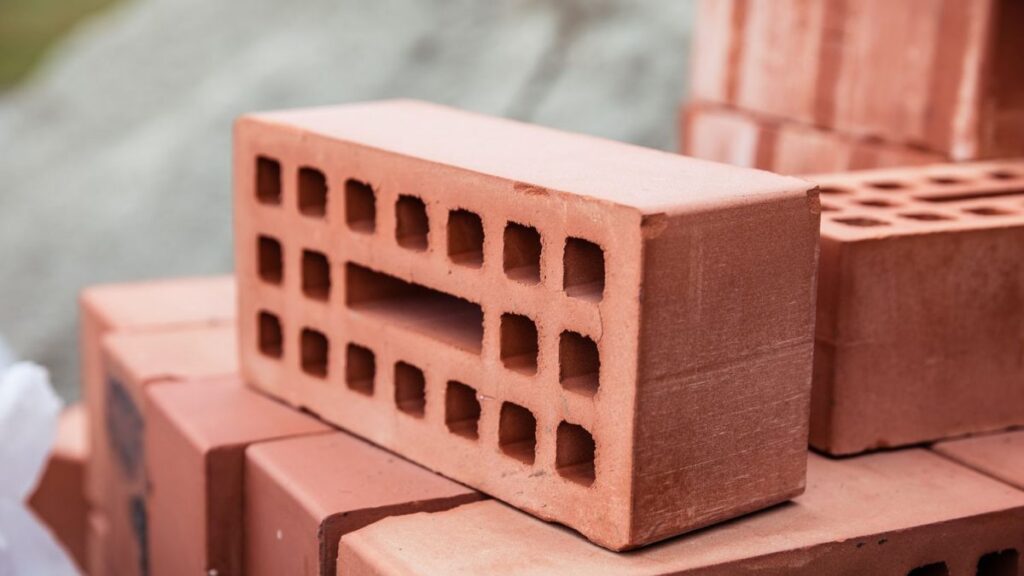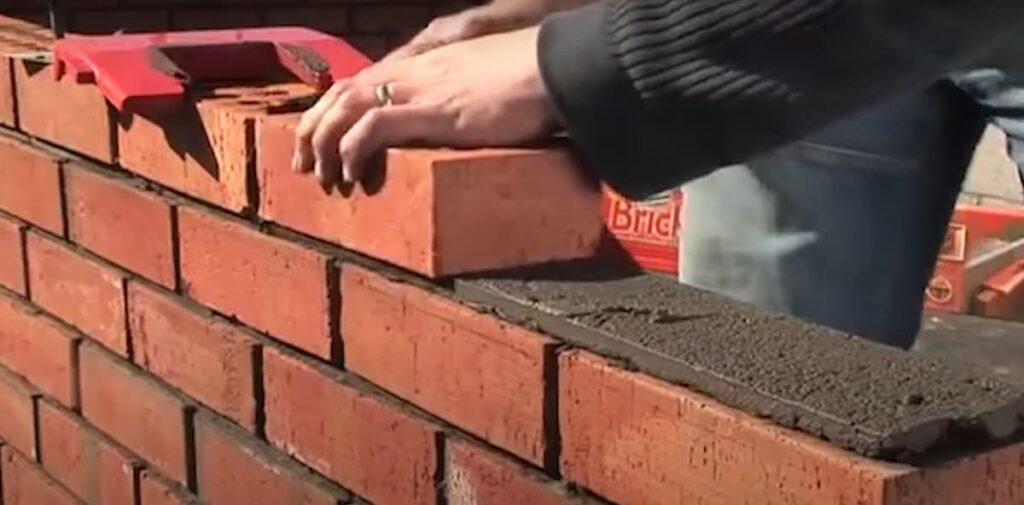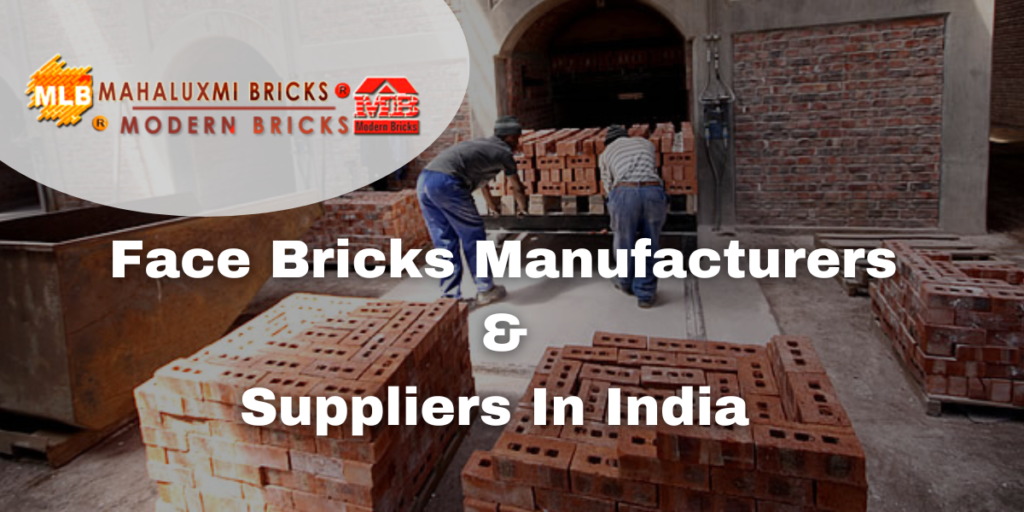Unsurprisingly, sustainability has become a significant buzzword in the construction industry. As environmental concerns continue to rise, builders are constantly searching for new materials and methods to minimize their impact on the planet. But amidst all of this innovation, there remains one classic material that stands out as an eco-friendly choice: bricks. Those humble clay blocks have been around for thousands of years, but they’re still just as relevant today – and here’s why.
Introduction
Bricks are one of the world’s oldest and most popular construction materials. And for a good reason – they are durable, low maintenance, and easy to work with. But what makes bricks truly special is their environmental friendliness. Here are four reasons why bricks will always be the most eco-friendly choice for construction:
- Bricks are made from natural ingredients.
- Bricks require less energy to produce than other construction materials.
- Bricks can be recycled and reused.
- Bricks improve indoor air quality.
Bricks are made from various natural ingredients, including clay, sand, water, and limestone. This means they have a shallow carbon footprint and are not contributing to environmental degradation like manufacturing processes for other construction materials do. This is because they can be made using manual labor instead of heavy machinery and energy-intensive industrial processes. Additionally, bricks can be fired using renewable biomass instead of fossil fuels, reducing their environmental impact.
This makes them an extremely sustainable building material that can help to reduce waste in the construction industry.
What are the Benefits of Building with Bricks?
Chemical-Free Formation
Bricks are made using various materials, including sand, water, clay, fire, and air. A vast quantity of bricks can be produced without using a single chemical. But, there are no harmful materials or processes used in brick-making that discharge toxins in any way. The ecosystem is effectively unaffected by bricks, to put it simply.
Sustainable Manufacturing
Today’s brick manufacture is entirely different from a few decades ago. In reality, the most recent methods in this field have been improved to lessen the potential environmental harm. Aside from this, some other factors that make the most current methods of brick manufacture superior to traditional methods of production include high-power tunnel ovens, undivided observation, heat recycling, and optimal use of electricity.
Opportunities for Transporters
Today’s brick manufacturers are entirely different from a few decades ago. In reality, the most recent methods in this field have been improved to lessen the potential environmental harm. Aside from this, some other factors that make the most current methods of brick manufacture superior to traditional methods of production include high-power tunnel ovens, undivided observation, heat recycling, and optimal use of electricity.
Why is Brick the Most Eco-Friendly Material for Construction?
Bricks can be recycled and reused many times over. Bricks are an excellent choice for construction because they are eco-friendly, durable, and sustainable.
What Makes Bricks Sustainable?
Bricks are an eco-friendly construction material for a few reasons. For one, bricks are made from natural materials like clay and shale, renewable resources. Bricks also last a long time – much longer than other construction materials like wood or drywall. And because bricks are so durable, they don’t need to be replaced as often as other construction materials, which means less waste overall.
How Can We Maximise the Sustainable Benefits of Brick Construction?
Brick construction has many sustainable benefits that make it an eco-friendly choice for construction. Brick is a natural product made from clay and water and is recyclable.
Brick construction can help to reduce energy consumption in many ways. This can lead to reduced energy bills for homeowners and businesses. Bricks with high thermal mass can also help to regulate indoor temperatures, providing passive solar heating and cooling.
Using bricks can also help offset carbon dioxide emissions from other parts of the building process, such as transportation and construction equipment operations.
How Does Brick Compare to Other Materials in Terms of Sustainability?
Brick outperforms other common building materials in terms of sustainability. For example, concrete production emits large amounts of greenhouse gases and requires significant energy. Steel production also has an enormous environmental impact due to the mining and manufacturing processes involved. It does not rot or succumb to pests, requiring little upkeep over its lifetime.
What Makes Mahaluxmi Bricks the Best?
At Mahaluxmi, we have gathered the best machine made bricks manufacturers and trustworthy carriers from around India committed to supporting your order. For an upcoming construction project, you may order as many bricks as you need with simple selection processes and convenient online payment. You can join as a supplier or transporter to get your construction company off the ground.




